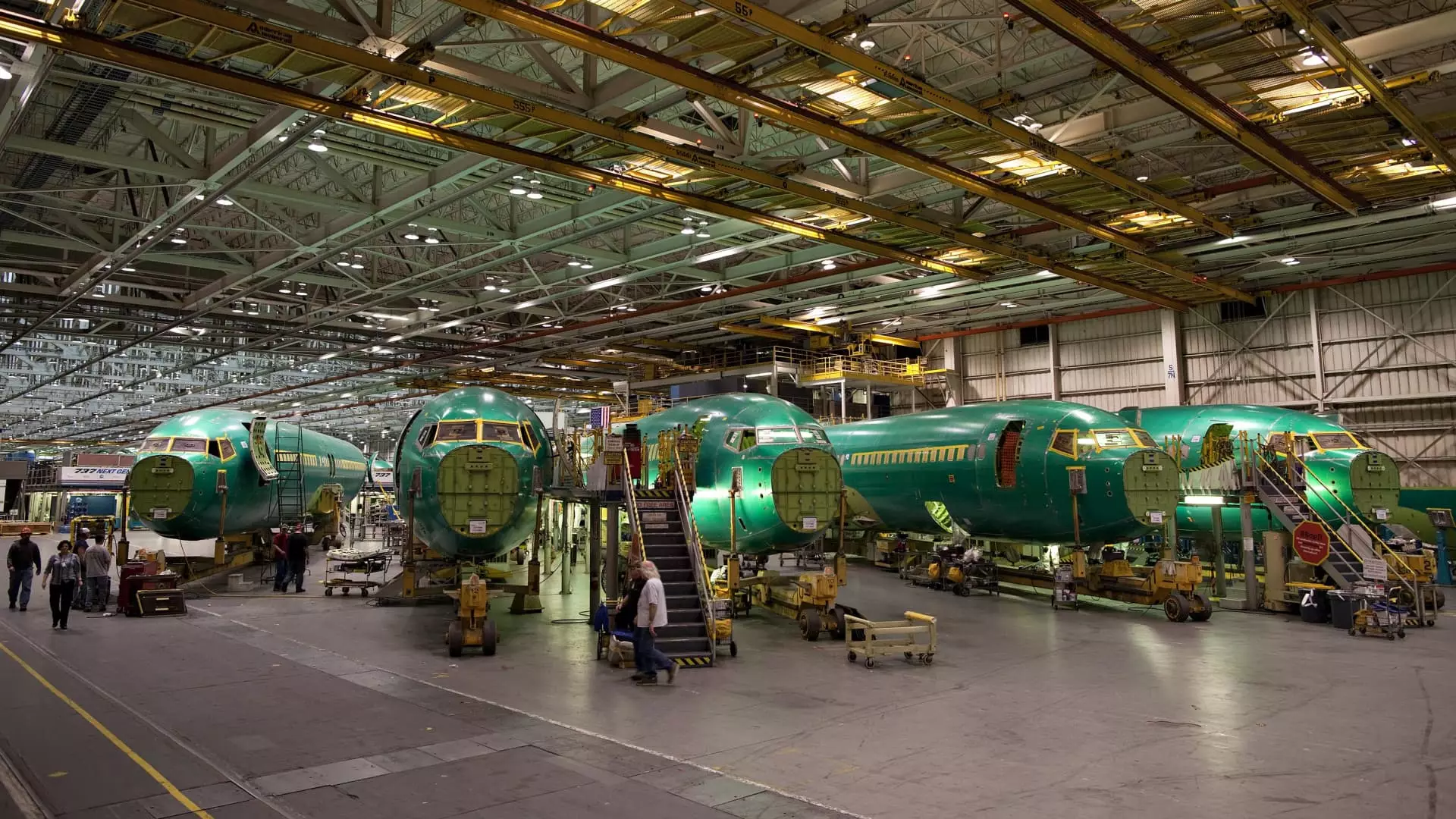Boeing recently made a significant announcement that it plans to acquire Spirit AeroSystems, the struggling fuselage maker, in an all-stock deal. This decision comes after a series of setbacks for Boeing, including a fuselage panel blowing out midair from a nearly new Boeing 737 Max 9, causing a fresh crisis for the company. This move, which values Spirit at $4.7 billion in equity and $8.3 billion including debt, is aimed at improving safety and quality control within Boeing’s production systems.
Boeing has agreed to pay $37.25 a share in Boeing stock for Spirit, a price that is higher than Spirit’s closing price of $32.87 a share. Spirit AeroSystems primarily manufactures fuselages for the 737 and other parts for Boeing’s aircraft, as well as components for Airbus. This acquisition will enable Boeing to fully align its production systems and workforces with Spirit AeroSystems, potentially improving the overall quality of its aircraft.
Boeing’s CEO, Dave Calhoun, who is set to step down at the end of the year, sees this acquisition as a crucial step in demonstrating Boeing’s commitment to quality and safety. The current CEO of Spirit, Pat Shanahan, is considered a possible successor for Calhoun, highlighting the strategic implications of this deal for both companies. The acquisition is expected to close in mid-2025, subject to regulatory approval and the sale of Spirit’s Airbus operations.
Boeing has faced a series of production issues, including misdrilled holes and misconnected fuselage panels, leading to delays in deliveries and financial losses for both Boeing and Spirit AeroSystems. The National Transportation Safety Board’s preliminary report into the door plug blowout on the Alaska Airlines flight further highlighted the quality control challenges faced by Boeing. These setbacks have also impacted Boeing’s stock price, which has fallen more than 30% this year.
Challenges Ahead
Despite Boeing’s efforts to improve quality by only accepting defect-free fuselages, the company still faces scrutiny from regulators such as the Federal Aviation Administration. The FAA has indicated that it will not approve an increase in production until it is confident in Boeing’s production processes. This, combined with the ongoing criticism from lawmakers over Boeing’s safety record, poses significant challenges for the company moving forward.
Boeing’s decision to acquire Spirit AeroSystems may be a bold move to enhance safety and quality control within its production systems. However, the challenges and setbacks faced by both companies raise questions about the potential risks and benefits of this acquisition. Only time will tell whether this strategic decision will ultimately pay off for Boeing and Spirit AeroSystems.

